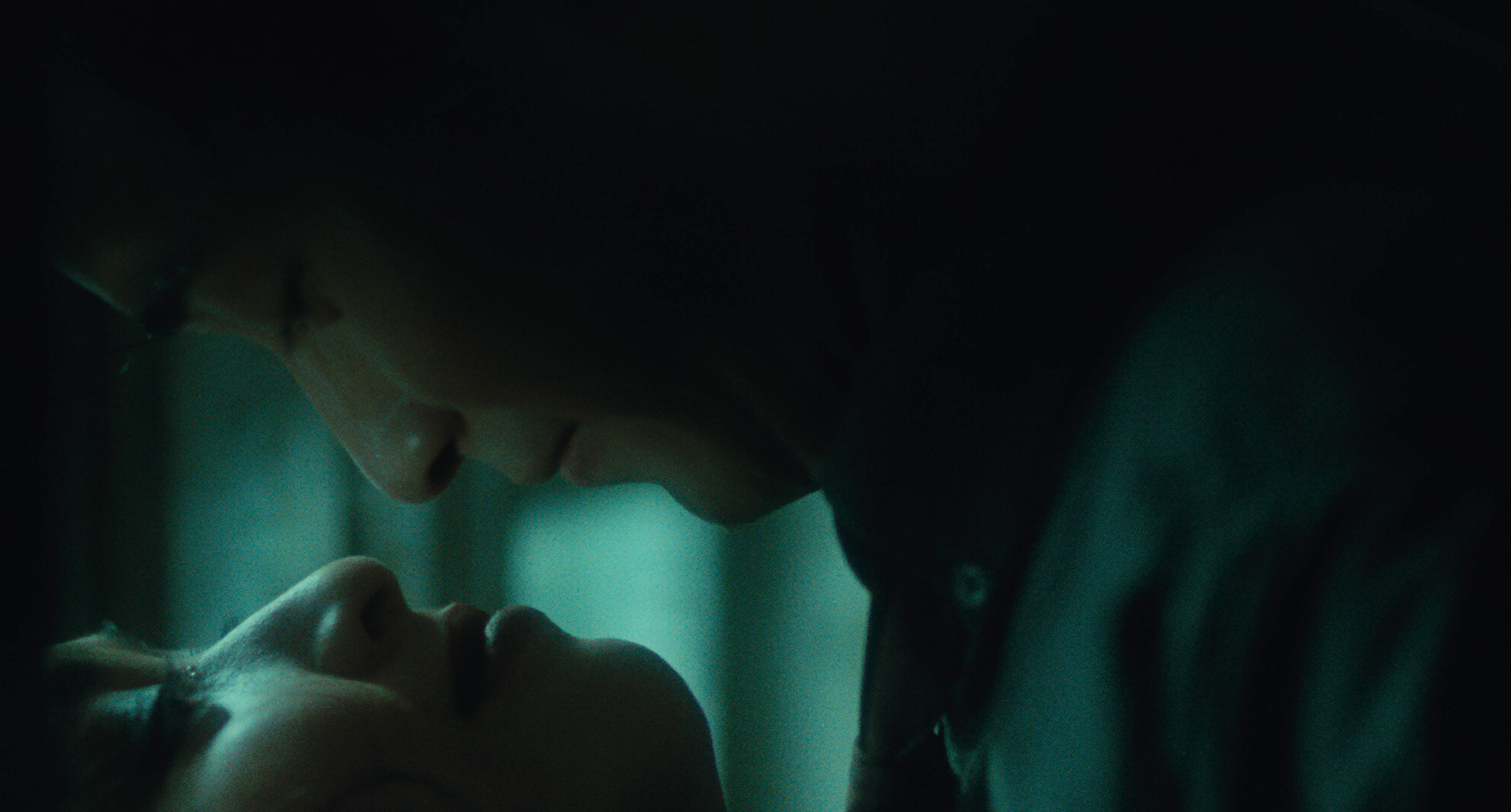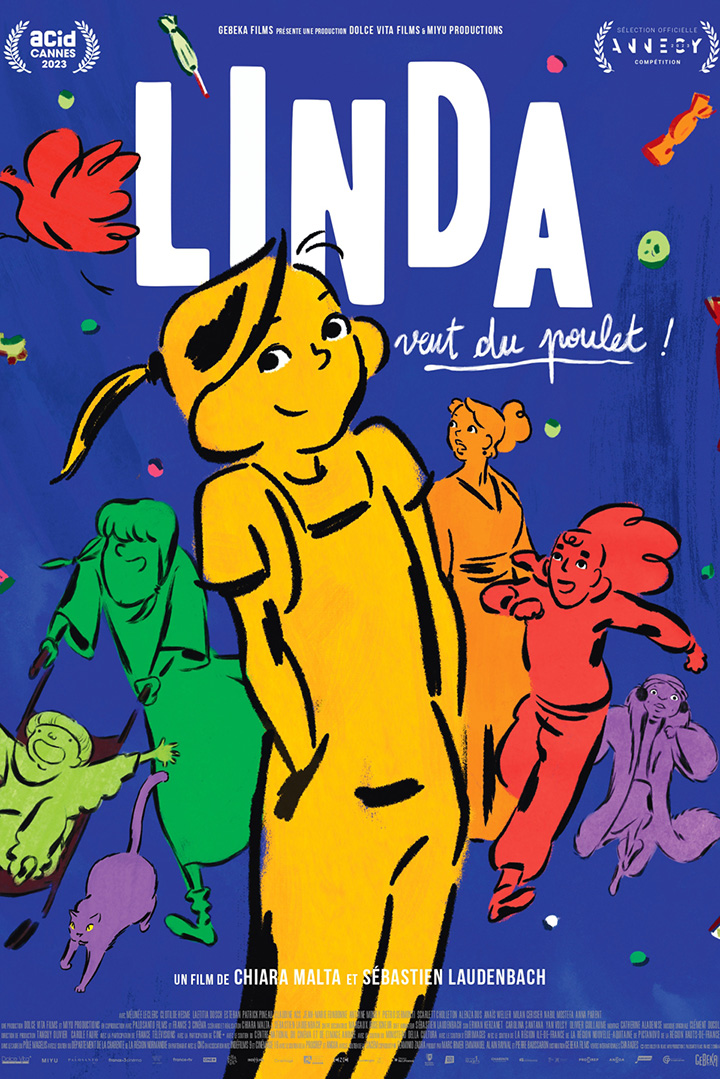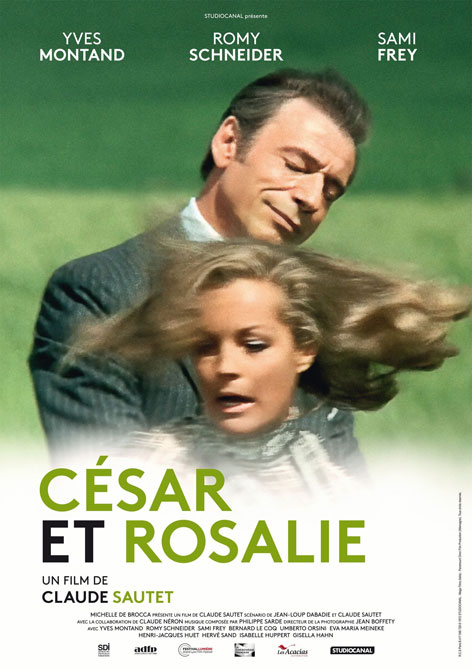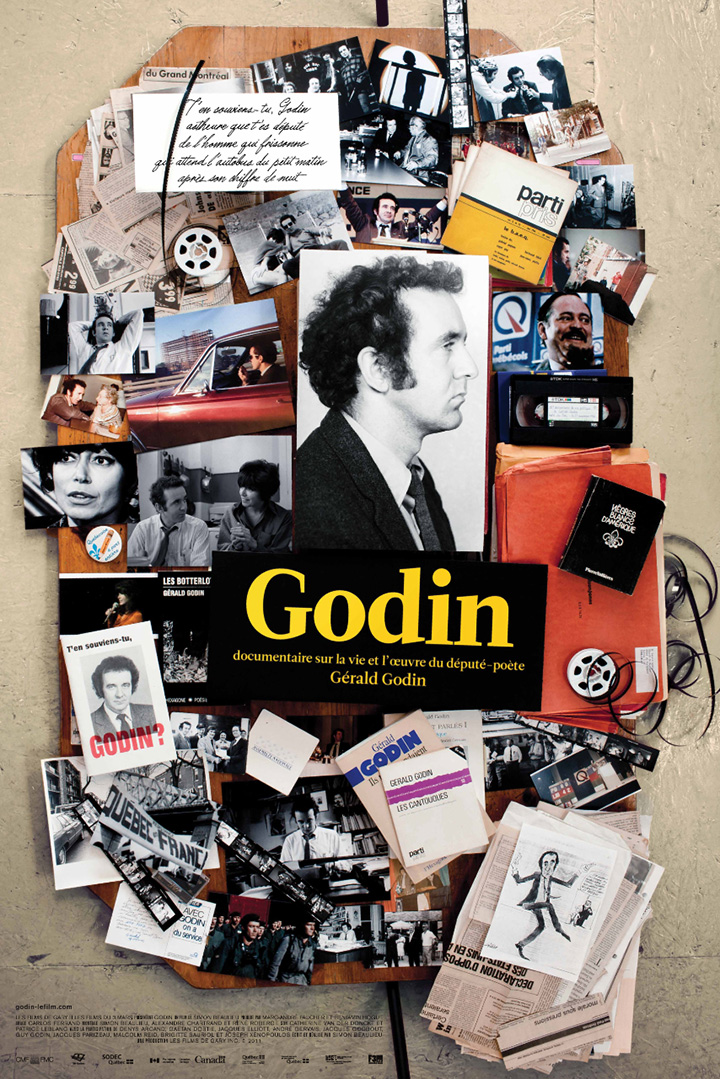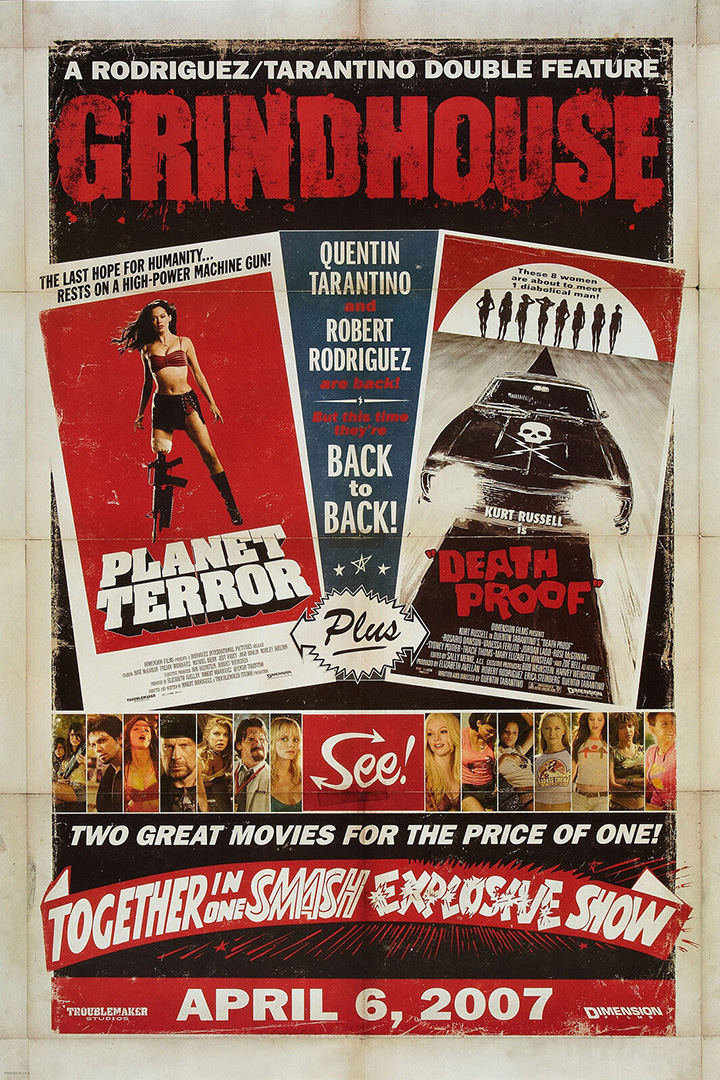Days of Being Wild
Wong Kar-wai's cinema was characterized at the turn of the 2000s by his ability to create powerful images with virtuosity expressing sensations, emotions, and moods. Composing and detailing atmospheres is a work of art exposing at best the symbiotic relationship that sometimes develops between the filmmaker and his director of photography. This cycle includes the very rarely shown The Hand which articulates a diptych with In the Mood for Love.
Wong Kar Wai’s breakthrough sophomore feature represents the first full flowering of his swooning signature style. The first film in a loosely connected, ongoing cycle that includes In the Mood for Love and 2046, this ravishing existential reverie is a dreamlike drift through the Hong Kong of the 1960s in which a band of wayward twenty-somethings—including a disaffected playboy searching for his birth mother, a lovelorn woman hopelessly enamored with him, and a policeman caught in the middle of their turbulent relationship—pull together and push apart in a cycle of frustrated desire. The director’s inaugural collaboration with both cinematographer Christopher Doyle, who lends the film its gorgeously gauzy, hallucinatory texture, and actor Tony Leung, who appears briefly in a tantalizing teaser for a never-realized sequel, Days of Being Wild is an exhilarating first expression of Wong’s trademark themes of time, longing, dislocation, and the restless search for human connection. (Janus Films)
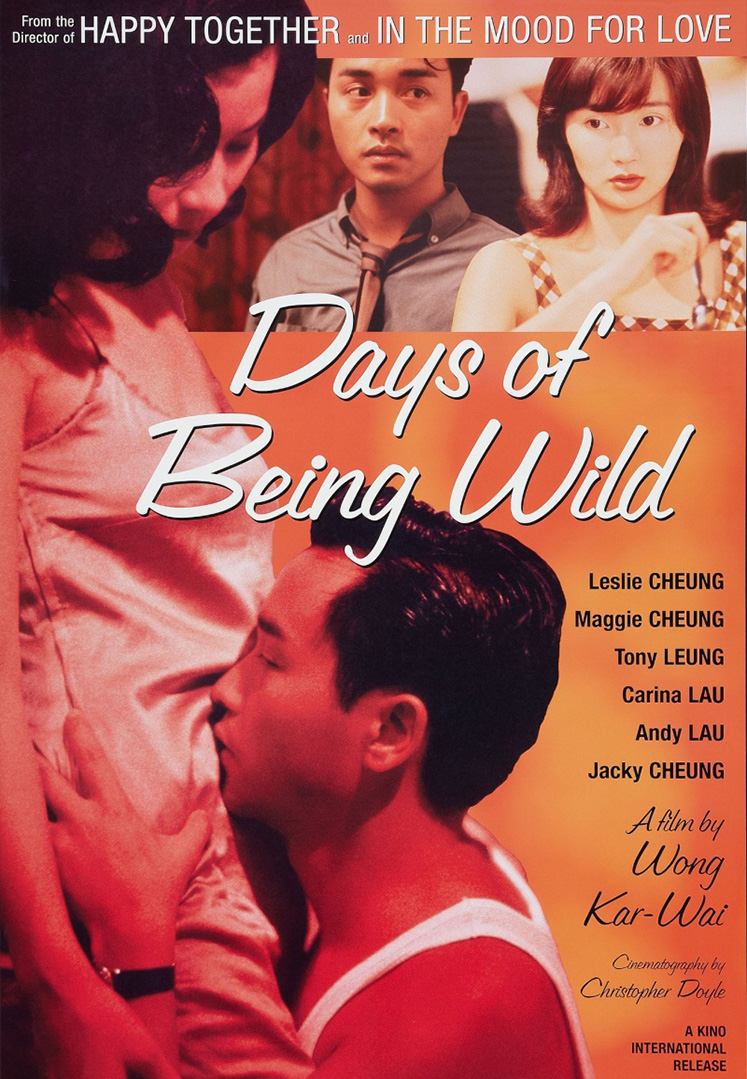
Wong Kar-wai
Born in Shanghai in 1958, Wong Kar-wai emigrated to Hong Kong as a child. He is separated during ten years from his siblings, blocked in China by the Cultural Revolution. This tearing and this individual and collective uprooting will undoubtedly permeate his work to come. After his studies, he became a production assistant and then a screenwriter for television. He joined Barry Wong's team, which opened the doors of the cinema world to him, and he notably wrote the screenplay for Final Victory by Patrick Tam, who produced his first film: As Tears Go By (1988). From the 1990s, the filmmaker shot the biggest stars of Hong Kong. Exploring very different genres, he signed several major public or critical successes (Ashes of Time, Chungking Express, Happy Together) thanks to which he forged a place of choice on the international scene, confirmed in the 2000s with In the Mood for Love and 2046. After a foray into the United States (My Blueberry Nights), he finds his faithful actor Tony Leung and Hong Kong history in The Grandmaster.

Explore
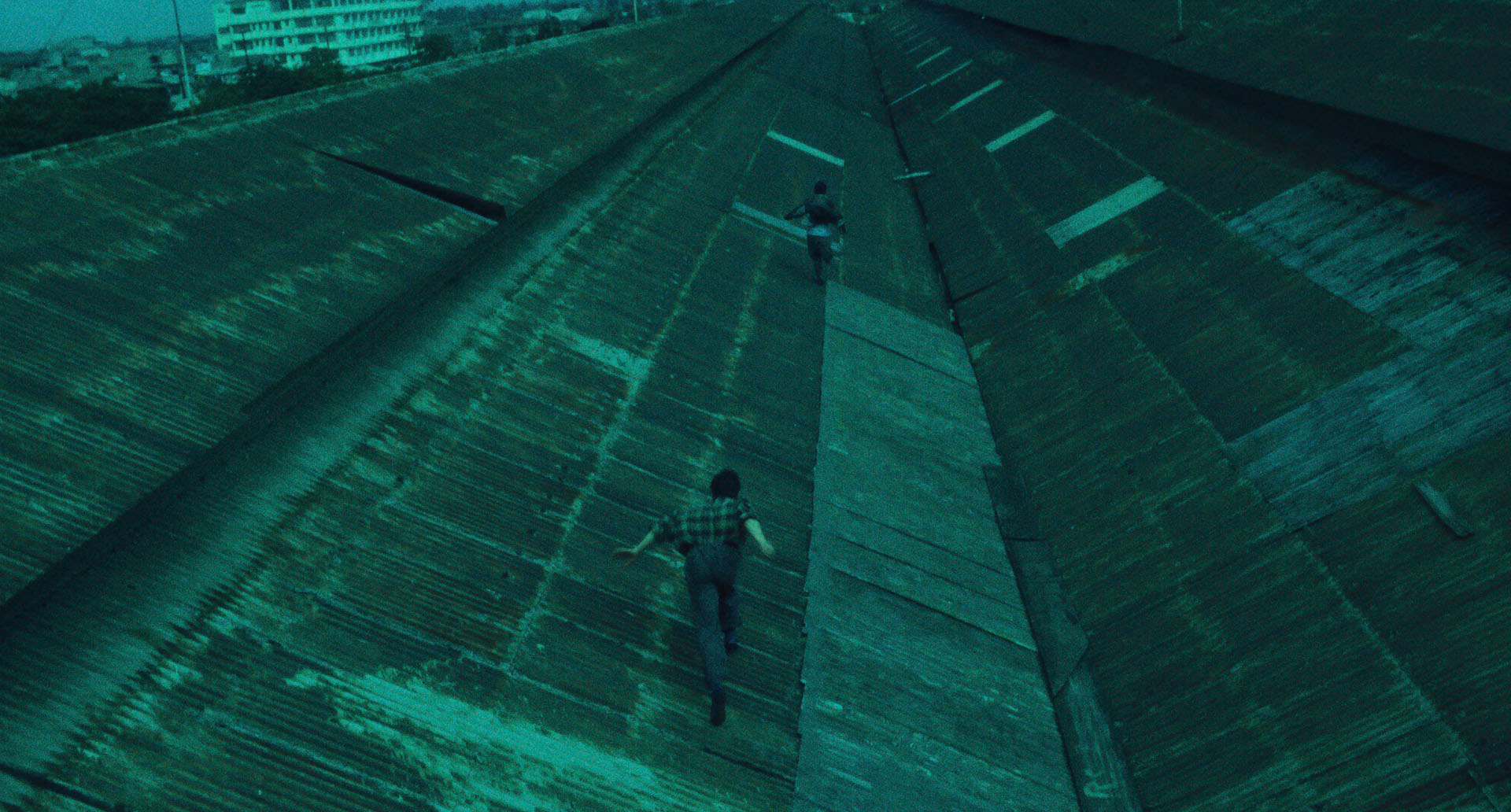
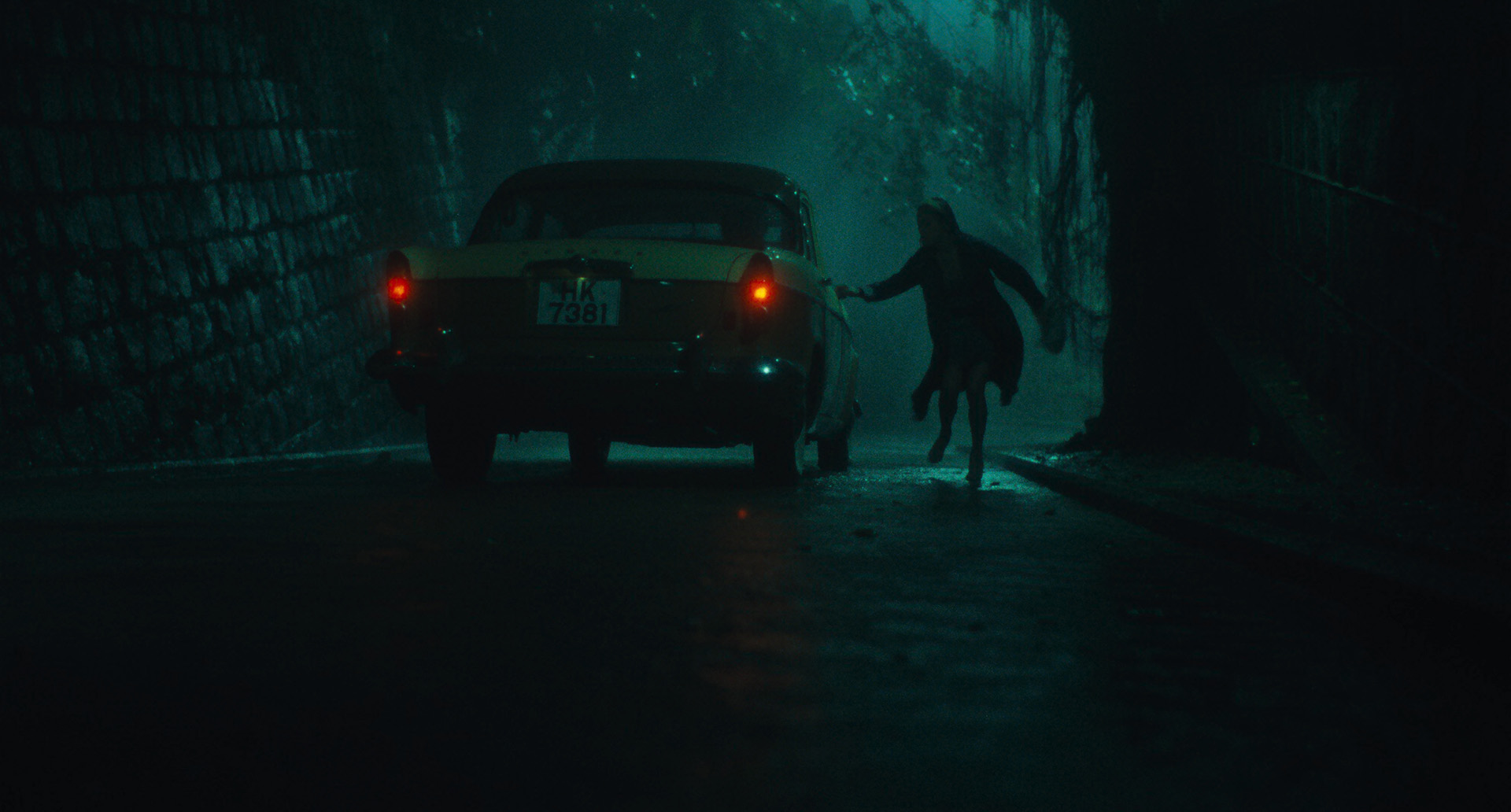
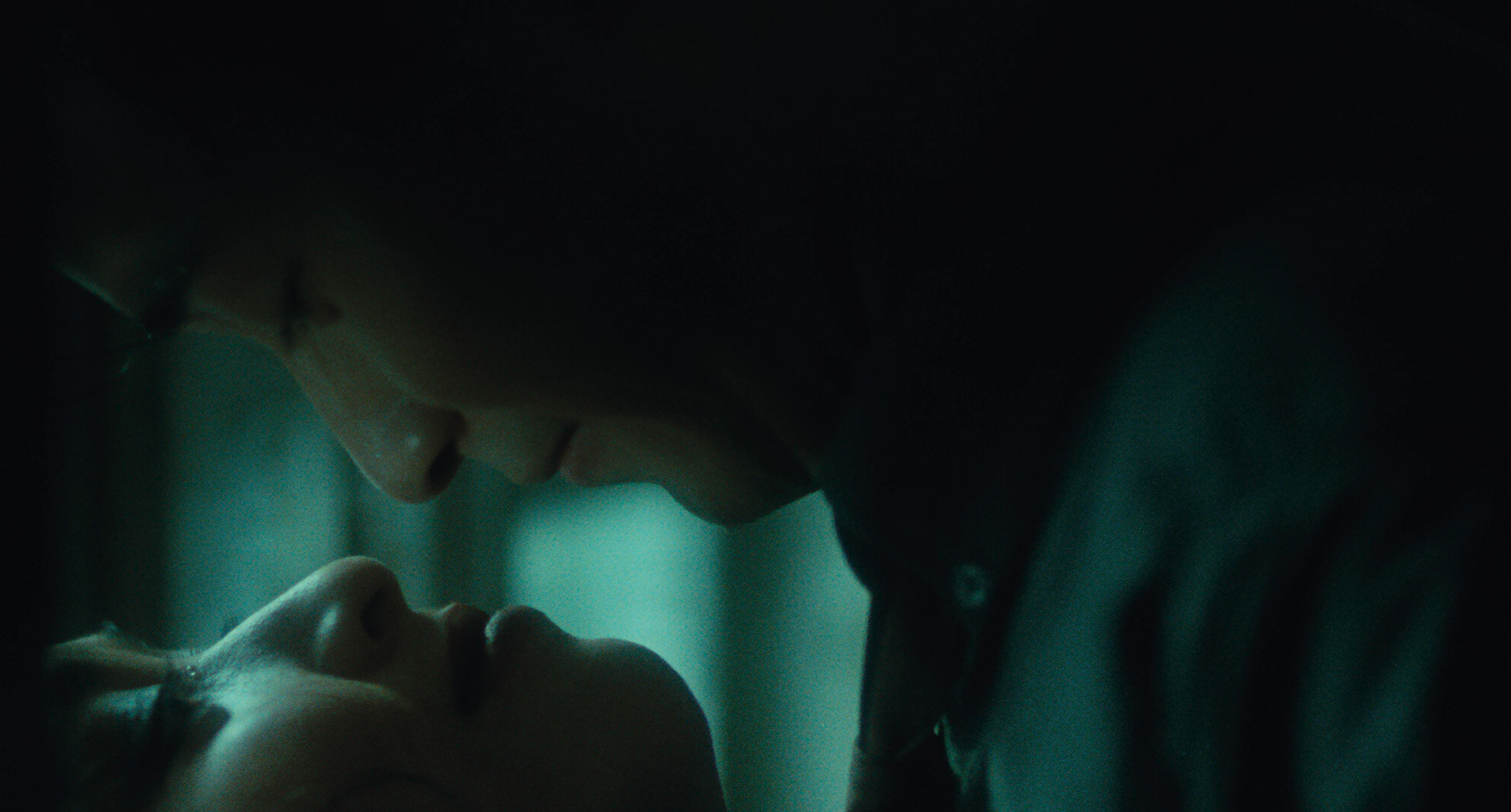
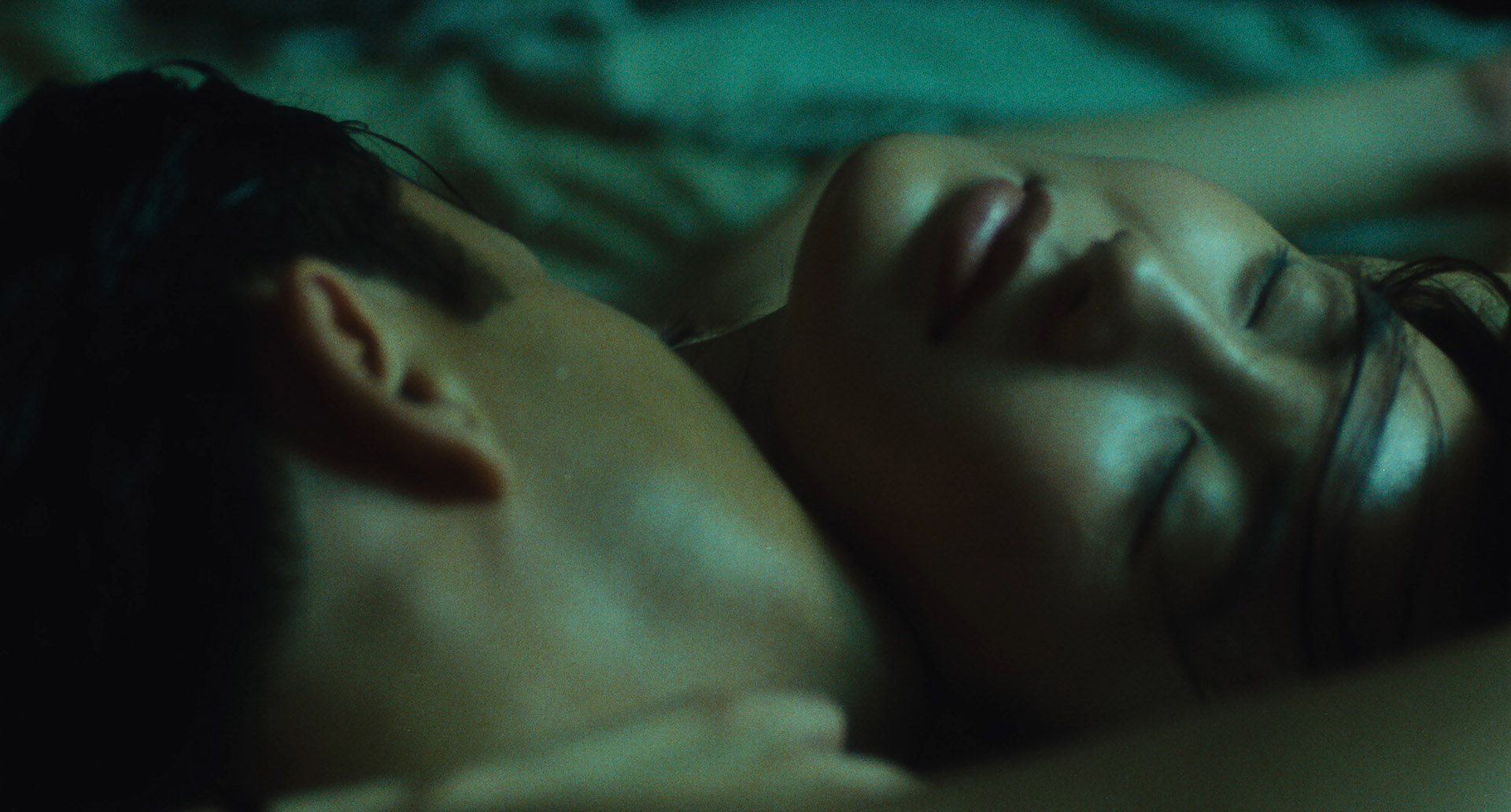

Days of Being Wild by Wong Kar-wai

Days of Being Wild by Wong Kar-wai

Days of Being Wild by Wong Kar-wai

Days of Being Wild by Wong Kar-wai
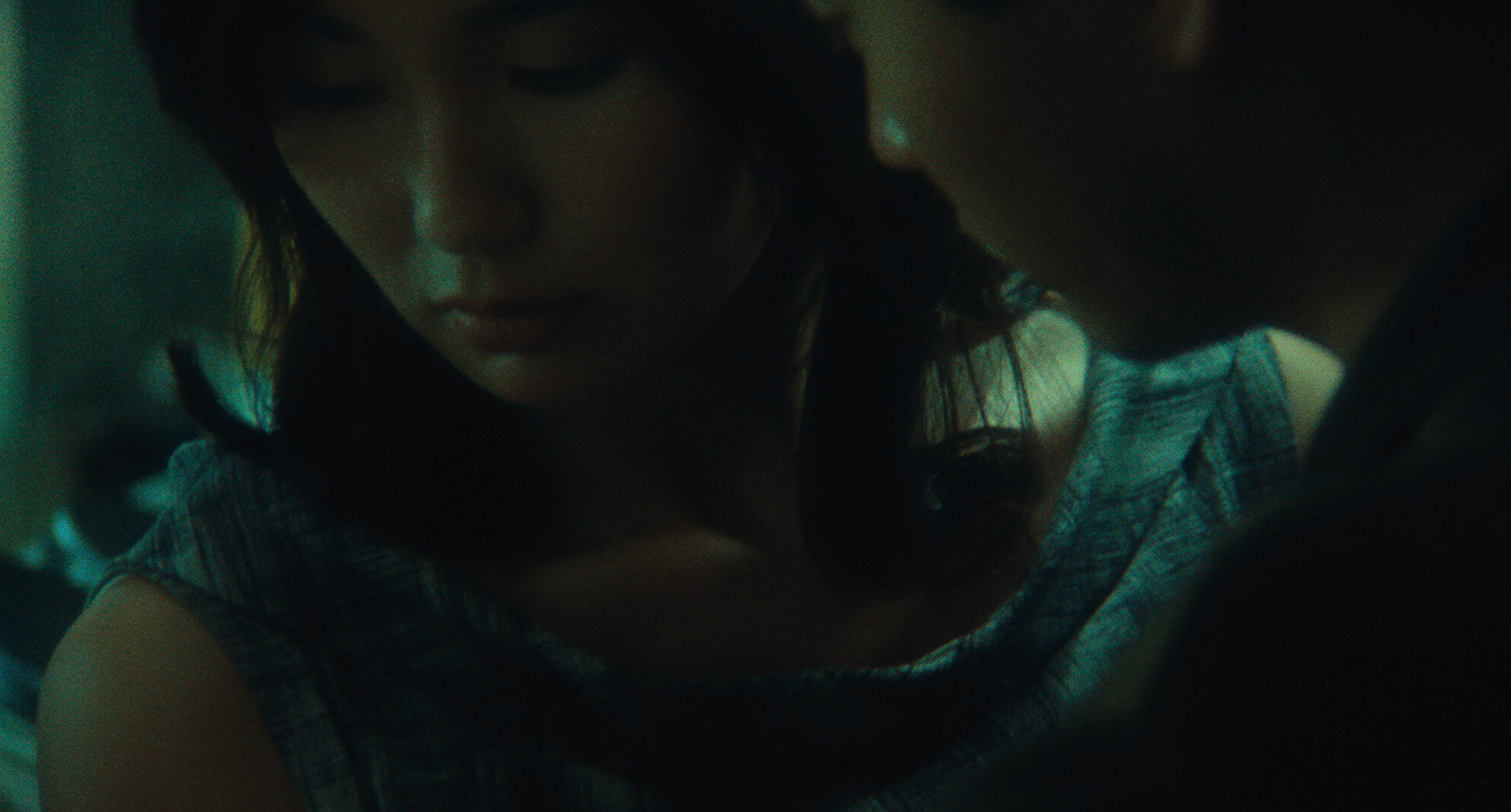
Days of Being Wild by Wong Kar-wai
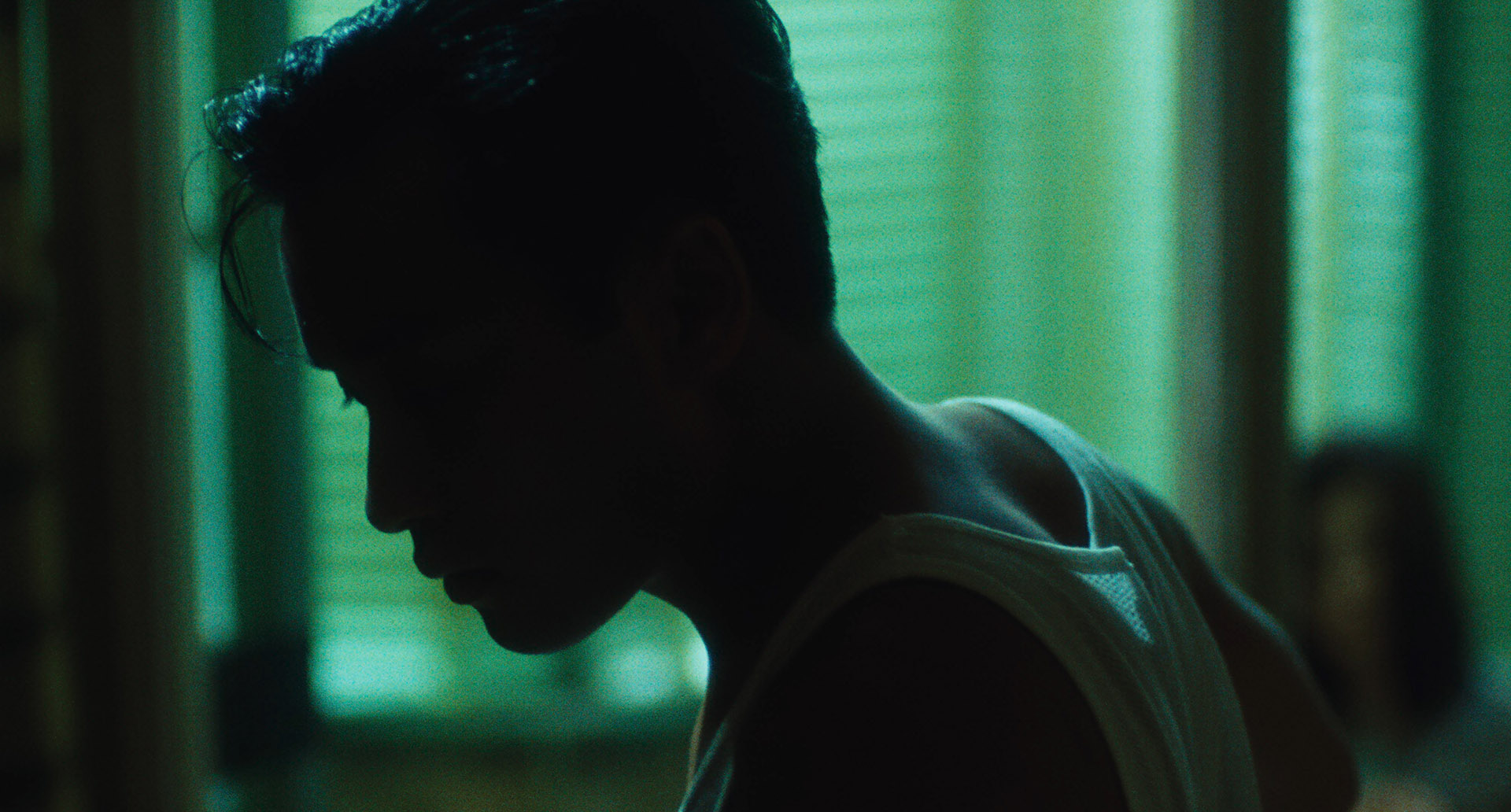
Days of Being Wild by Wong Kar-wai
